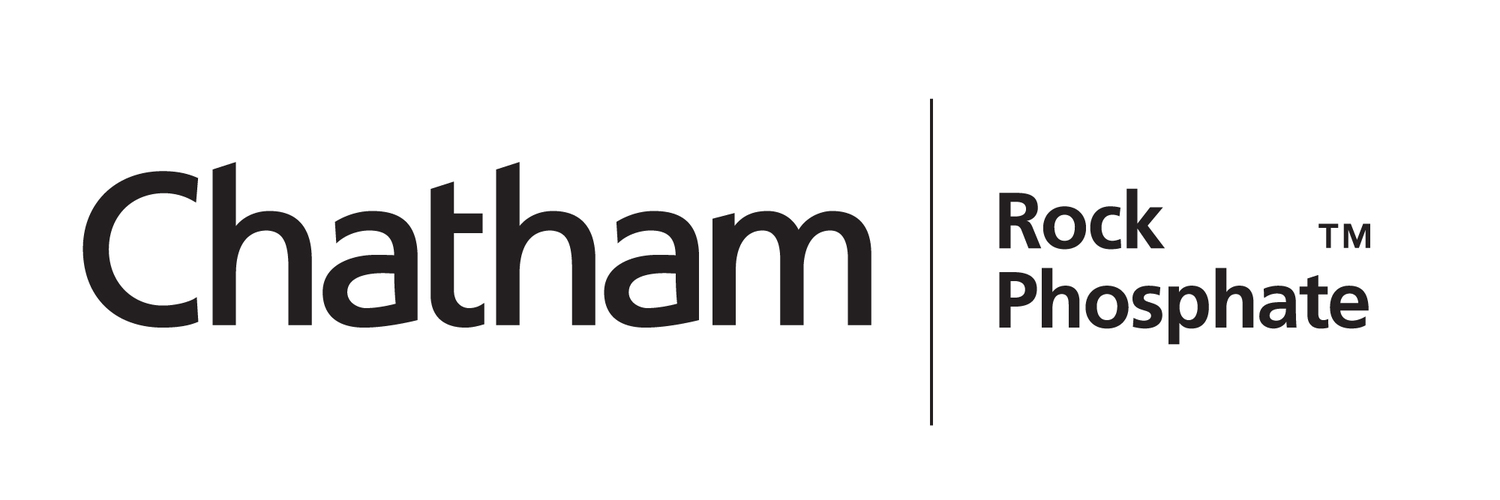Chris Lee - Taking Stock - Chatham Rock Phosphate
/Taking Stock 15 November 2012
Note this excerpt was reposted with permission from Chris Lee. To see the article in its original form please go to www.chrislee.co.nz
----------
One of the most exciting mining ventures on the horizon is that proposed by the tiny listed company Chatham Rock Phosphate (CRP), previously called Widespread Energy Ltd.
CRP, headed by the patient, ex-Brierley (of the 1980s) analyst Chris Castle, has spent many years looking for affordable projects and may hit pay dirt with its exciting proposal to mine some sea bed for rock phosphate shingle.
CRP has spent millions, and attracted international attention, proving that some seabed between Christchurch and the Chatham Islands contains a source of phosphates that can be mined profitably, yet sensitively, in terms of the environment.
The venture believes it will raise minimal environmental issues, that its Dutch partners have the technology to suck up billions of dollars of the tiny phosphate-filled shingle, and that the phosphate will be better for pasture soils than is available from the Moroccan-exported fertilizer that dominates world sales.
Chris Castle will be wise enough to emphasize the additional benefits to New Zealand that his project will provide.
It will have a significant effect on the Chatham Islands, a part of New Zealand that needs a lift.
The Chatham Islands have an estimated 50,000 hectares of pasture that is in need of fertilizing.
It costs the C.I. farmers $800 a tonne to import phosphate, an unaffordable price, so the land there supports a low level of stock units, suffering from poor pasture growth.
The CRP phosphate could reach the Chathams for a price nearer $100 a tonne, and lift pasture growth sufficiently to allow stock units to increase by nearly 10 times per hectare, creating more stock, support the re-opening of the local meatworks, and several hundred jobs, in an area where jobs are hard to find. The world needs food. The Chatham Islands need jobs.
More importantly CRP would need a base and a port.
The CRP project has sufficient value to make a deep water port viable (if it can be built in time), benefiting the CI fishing industry.
Local farming experts believe the project would allow the Chatham Islands to increase stock units from 65,000 to 700,000, and farming income from $4 million to around $50 million, creating 350 real jobs.
These are very large increases.
The rock phosphate itself would reduce New Zealand’s need to import fertilizer from Morocco, effectively turning a nett importing industry into a nett exporting industry.
The project is still not certain to happen.
It has raised money from American investors, it has found the skilled technology partner in Holland (also a project investor), it has raised money via private placements, yet it will still need to raise another $10 – 12 million before the project is properly funded.
Its ultimate benefit to New Zealand is estimated by an Institute of Economic Research analyst as being potentially $1.3 billion.
The NZ government alone stands to benefit by tens of millions, in tax and royalties.
If Castle can raise the last of the capital required, if the Crown gives the project the green light, if phosphate prices remain at current levels (about one third of the historic highs) and if our currency remains at its current level, then this project would be rewarding for NZ, for the Chathams, for Castle, and for the shareholders in CRP and its associated company, Widespread Portfolio Ltd. (WID)
Castle listed WID many years ago.
Its shares would increase by 500% in value if CRP achieved the results that are anticipated.
Such a result would be a nice reward for Castle, who has been extraordinarily patient and resilient, as he has pursued this and other projects.
Disclosure: My family owns a modest value of shares in WID and CRP.
----------







 +64 21 5581985
+64 21 5581985 chris@crpl.co.nz
chris@crpl.co.nz PhosphateKing
PhosphateKing